On May 28, the first global artificial intelligence summit (GMIS 2017) hosted by the heart of the machine closed successfully. During the two-day conference, many heavyweights in the academic and industry sectors shared the cutting-edge advances in machine learning, cross-discipline novelty, cool application of artificial intelligence, and entrepreneurial experience in the era of machine intelligence on the GMIS stage. On the first day, Jürgen Schmidhuber, deputy director of the Dalle Molle Artificial Intelligence Institute, the father of LSTM, Deng Li, the chief artificial intelligence officer of Citadel, and Yu Dong, deputy director of AI Lab of Tencent, brought us a lot of dry goods. Brainstorming and cutting-edge reading.
On the second day of the conference, Stuart Russell, author of "Artificial Intelligence: A Modern Approach" in the field of artificial intelligence, Chief Scientist of the Fourth Paradigm, and Yang Qiang, Director of the Department of Computer Science and Engineering, Hong Kong University of Science and Technology, and Professor of Shanghai Jiao Tong University Billiton co-founder and chief scientist Yu Kai, University of Alberta professor and computer go top expert Martin Müller and other scholars continue to share cutting-edge research and exploration in machine learning. Apart from technology sharing, the conference also arranged more content on artificial intelligence products, applications and investments on the second day of the conference; Hu Yu, President of the Executive Division and President of the Consumer Business Unit of HKUST, and VP and Chief Data Scientist of Ant Financial Services. Purito University Lifelong Professor Qiu Yuan, Sogou CEO Wang Xiaochuan, Element AI Co-founder & Investment Committee Consultant Jean-Sebastien Cournoyer, Baidu VP and Baidu Ventures CEO Liu Wei, Lenovo Stars Comet Labs Managing Partner Saman Farid and others Investor representatives have shared their thoughts on the application of artificial intelligence, commercialization and social impact. In this article, the heart of the machine gave a glimpse of the main contents of the second day of GMIS 2017. A more detailed report can be found on the GMIS theme of the website: http://jiqizhixin.com/special/detail/id/ 7.
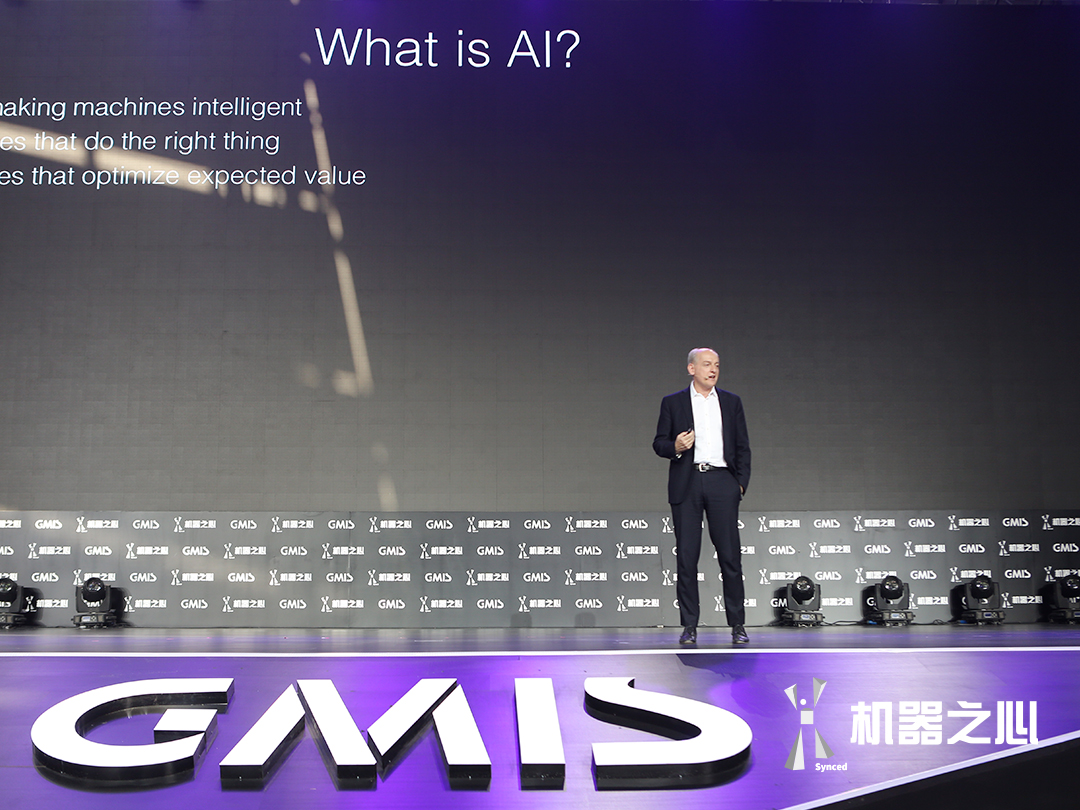
Like yesterday, today we also scheduled two keynote speeches: Stuart Russell's Past, Present, and Future of Artificial Intelligence and Yang Qiang's Study and Application of Transfer Learning.
In the past, present and future of artificial intelligence, Stuart Russell first sorted out the history of the development of artificial intelligence. Russell said that artificial intelligence is an intrinsically rich discipline involving philosophy, mathematics, and neuroscience. field. At the same time, artificial intelligence is not a new discipline. It has experienced two artificial intelligence winters. Now people are beginning to take a serious look at artificial intelligence and usher in the miracle of artificial intelligence explosions. So why is deep learning successful? Russell cited AlphaGo as an example over Li Shishi. "AlphaGo contains a lot of technology, one is deep learning, and also uses Monte Carlo search, which can produce very efficient results. It can be traced back to some complex but classic search methods of the 1950s. On the other hand, artificial intelligence Developments in many areas have also contributed to AlphaGo's success, such as supporting deep learning hardware development.†Ke Jie, who recently lost to AlphaGo, once said that playing chess with AlphaGo last year seemed to be playing chess with people. This year he felt that It seems like playing chess with God.
Considering that there are already artificial intelligence winters ahead, although all the developments are very gratifying now, it may still be a gimmick. People need to think carefully and do not feel disappointed because of excessive expectations. Russell said: “Our last AI winter was due to the prospect of this technology and some promises. Many people may not remember the content at that time. Some technologies in the 1980s were not very effective in the real world. Time-lapse learning is also not very popular, but today we can update modern technologies and it may not be so high in training and data requirements in the future."
Russell also gave his opinion on the current, future and current problems of artificial intelligence.
"Although we have a lot of missing things, we can already foresee that in the near future, the AI ​​system can have human-like capabilities," said Russell. Therefore, we also need to be alert to the abuse of artificial intelligence. Although artificial intelligence can make humans do more things and push human civilization to a more positive direction, there is also the possibility of a murderous machine that has evolved into a new type of weapons of mass destruction that has caused people's concerns.
For this problem, Russell believes that artificial intelligence systems can prove to be beneficial to humans. There are three simple methods: "First, the goal of the robot is to maximize the realization of human desire, that is, the machine should make human's wishes satisfactory. Instead of letting the machine feel uncomfortable for humans. Second, robots do not know what value is, so do not give the machine a fixed value system. Third, human behavior should provide a reference for the machine."
Where will future artificial intelligence go? Russell gave his own answer: “AI needs to contribute to mankind. This is a technical issue, but I believe it can be solved in the future.â€
Next, Prof. Yang Qiang, chief scientist of the fourth paradigm and director of the Department of Computer Science and Engineering at Hong Kong University of Science and Technology, gave a speech on the topic “Recent Progress of Migrant Learningâ€. At the beginning of the speech, Prof. Yang Qiang talked about AlphaGo who had occupied the news headline for several days. He said: "AlphaGo looks like a god. It seems to be impeccable." And if we look from the perspective of machine learning, it has a very serious weakness, that is, AlphaGo does not have the ability to transfer learning.
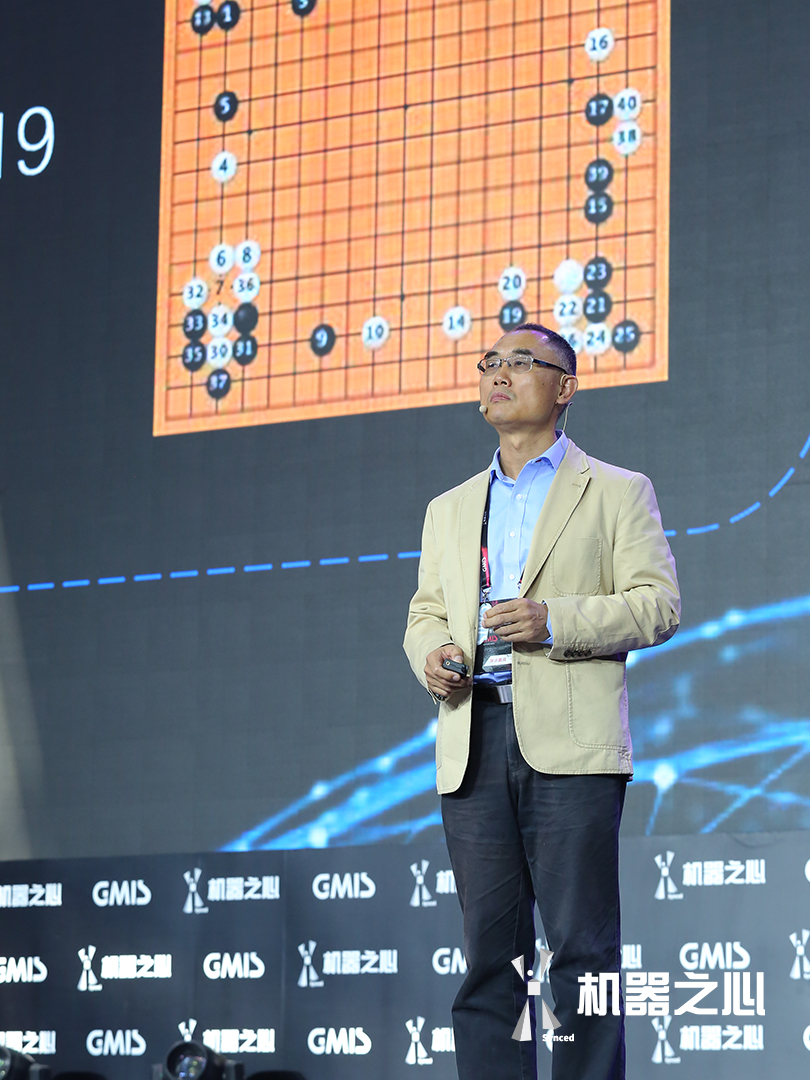
Migration learning refers to the migration of trained model parameters to a new model to help the new model train datasets. Yang Qiang said that there are three major benefits of migration learning: learning from small data, implementing inferences from the top three, combining insights, and achieving personalization.
Then he took inventory of six recent developments in migration learning. First, we can discover the commonalities between different issues by separating the structure and content of the issues. Second, the hierarchical system can help us to build machine learning more easily. Migration; third, segmented migration and segmented learning; fourth, the method of letting the model learn to migrate, that is, “learning how to migrateâ€; and fifthly, transferring learning itself as a meta learning and then assigning it to different On the learning style, the last development is the data generation-based migration learning, which is the generation of confrontational networks (GAN).
In conclusion, Professor Yang Qiang concluded that although there has been a breakthrough in deep learning, the future of machine learning is based on small data, individuation, and reliability. This is the development direction of migration learning.
After the fascinating sharing of the previous two professors, Hu Yu, CEO of HKUST and president of the consumer business group, explained the social impact of artificial intelligence through the speech entitled “Artificial Intelligence + Co-innovationâ€. He said that in the past three years, artificial intelligence applications have had two most impressive aspects in changing our lives: First, artificial intelligence can change the way we interact with machines and change the shape of products in the consumer field; Artificial intelligence can learn professional knowledge from experts. For the social impact of artificial intelligence, Hu Yu concluded that artificial intelligence will not replace human occupations, but it can replace certain skills in human occupations, change human occupations, and have a very significant impact on the development of human society and the entire profession. , but this effect takes time. But the most important thing is that it can help people save time and improve time efficiency.
Next, Ant Financial VP, chief data scientist and lifelong professor at Purdue University Qiu Yuan explained how we can provide better personalized finance and smart life services through artificial intelligence. He said: "We hope to make the system smarter through big data, AI, and serve the long-tailed institutions and individuals. We think that artificial intelligence technology can drive the development of our business and reshape the financial business." In the speech, he also talked about Your own two experiences. First, DeepMind CEO Hassabis told him that he wanted to apply artificial intelligence technology to medical and financial fields after AlphaGo to change the world; another was Michael I. Jordan, who recently joined Ant Financial as chairman of the scientific think tank. He told him that he was currently talking about It's still too early to say, "For the future of artificial intelligence, he said we haven't touched the door of strong artificial intelligence. I'm very much in favor of his point of view."
Professor Shanghai Jiaotong University, Co-founder and Chief Scientist of Sibushi, and Yu Kai, host of the GMIS 2017 morning conference, introduced how to move toward intelligent cognitive dialogue and interaction. He mentioned that the number of IoT devices around the world is growing rapidly, and for the first time in 2017 it has exceeded the number of humans. Many of these devices are small screens or even screenless. To achieve the interaction with these devices, voice becomes very important. Based on this, Yu Kai specifically addresses the issues that have been resolved in the current dialogue interaction field, the unresolved difficulties, and the underlying theories. In the entire system architecture, there are two major problems to be solved. One is perception and the other is cognition. Perception is represented by recognition, and cognition is represented by decision (including knowledge processing). Yu Kai's speech made such a point: "The evolution of intelligent perception and cognition" is an important direction for the future development of the spoken language spoken system.
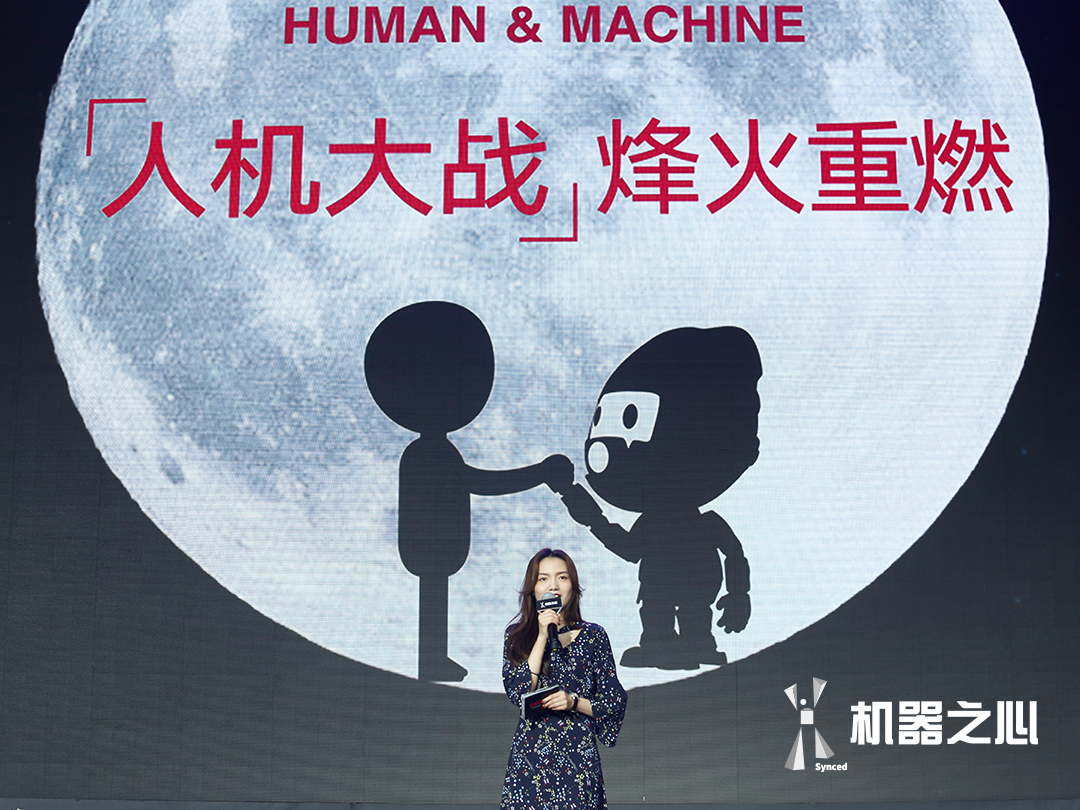
In the afternoon, a man-machine battle took place at the GMIS 2017 conference. Since the birth of artificial intelligence, “human-computer warfare†has been one of the most passionate topics for humankind; just yesterday, the human-machine war between Ke Jie and AlphaGo, currently the world’s No. 1 professional Go player, has just come to an end. The history of man-machine wars in the field of Go is loaded. In GMIS 2017, Sogou Wangzai competed with the human stenographer at the conference. Finally, Sogou won the game with a score of 4:1.
After the man-machine war, Wang Xiaochuan, the CEO of Wang Zai’s developer Wang Soe, went to the stage to share his thoughts on artificial intelligence technology. He said that when it comes to deep learning breakthroughs, professionals like to talk about breakthroughs in perception and cognition, but Sogou prefers to use such expressions as identification, decision making, and production. In terms of decision-making, artificial intelligence can help improve decision-making efficiency and increase business efficiency. In the field of perception and generation, the progress of artificial intelligence will affect human-computer interaction. In addition, Sogou also pays attention to the mutual transformation between images, languages ​​and texts. Wang Xiaochuan stated that the future of search is a question and answer - a very in-depth question and answer, that is to ask questions in natural language instead of keywords, this is what the future search will do.
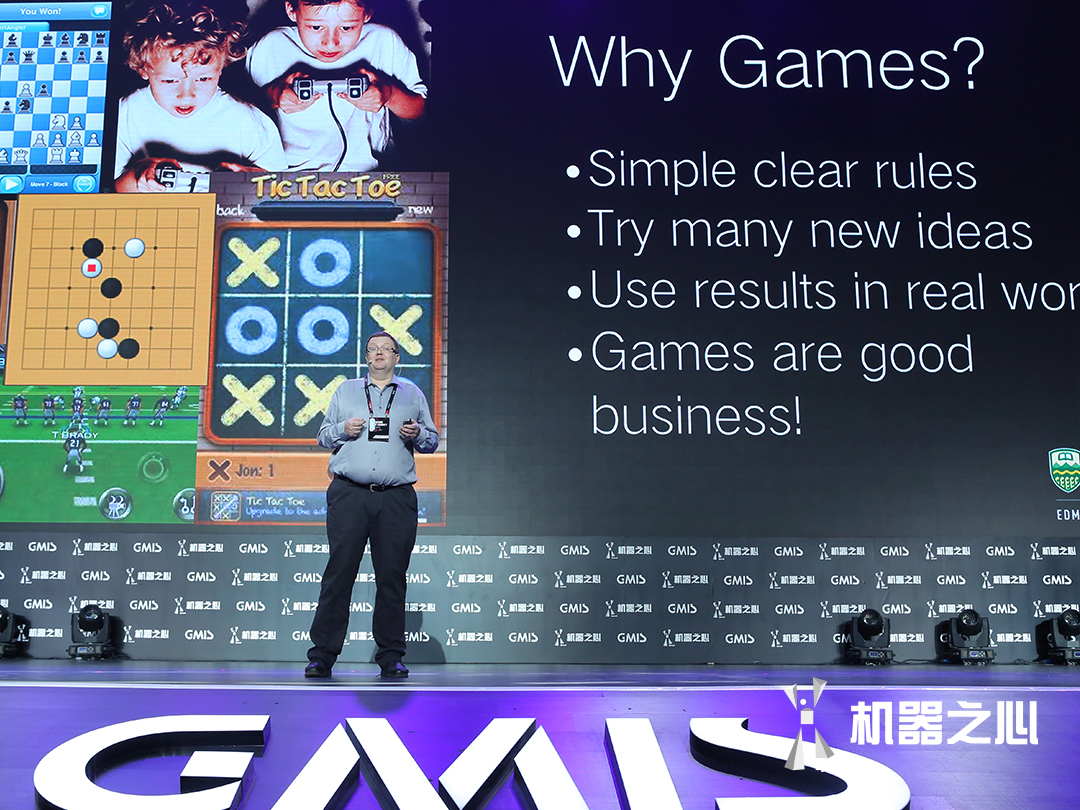
Next, Martin Müller, a University of Alberta professor and computer go-top expert, brought the last technology sharing at GMIS 2017. He discussed heuristic search in the era of deep learning. Müller is a mentor who designed and developed AlphaGo's David Silver and Aja Huang (also the two co-first authors of DeepMind AlphaGo's dissertation published on Nature). He was a member of the "Ke Jie vs. AlphaGo" competition and machine. He watched the game live together and shared his own views. He could read several article articles in the heart of the machine. In his speech, he talked about "heuristic search is not a search engine search; in the real situation, due to the possibility of too many, many times you cannot search for all information. In Go, this situation is particularly prominent."
Afterwards, Müller also interprets AlphaGo's learning methods and Alberta's research on computer Texas Hold'em. Of course, while the heuristic approach has been successful in many applications, it still faces some challenges. "In areas such as autopilot, medical, and humans, humans do not allow deep learning and heuristic search with a small probability of deviation. This means that we still have a long way to go. We currently face two challenges, how to inspire Search and precise results are linked together; and how to get the machine to solve the problem when the global rules are not known."
Next, the two themes, "The Session of Artificial Intelligence Products and Applications" and "Globalization of Artificial Intelligence," introduce the social impact of artificial intelligence and the opportunities in this wave of intelligent intelligence.
Session 1: Artificial Intelligence Products and Applications
In this session, the founders of several startup companies shared their AI products and applications.
First of all, the speech of Ken Jen, founder and CEO of Takei Intelligent Technology Co., Ltd. “Do robots change the way we connect with the world? †Discusses the essence of artificial intelligence to understand language. He believes that AI's understanding of language can be divided into three levels: understanding and matching keywords, understanding the context, and understanding the meaning of dialogue. Jian Renxian finally believed that speech is perception and sense rather than interaction; language is interaction.
Yang Yang, the founder and CEO of iPIN, presented a speech entitled "Cognitive Analysis - Re-examining the Essence of Commerce Through Machines". He discussed how to use machine-based cognitive analysis of people and companies to make business decisions more intelligent and realize commercial profitability. maximize.
Turing robot CEO Yu Zhichen published a speech entitled "Defining Robots" and looked at the robots and artificial intelligence industry from the perspective of products. He believes that in the past, the Internet industry used early technology to promote development, but the more backward products and users The understanding plays an increasingly important role.
In the end, Dr. Yang Qiong, co-founder and chief scientist of Dr. Yipai, discussed how artificial intelligence can advance the advancement of the medical field and what is the current predicament.
At the final roundtable forum of this session, Teng Fang, Founding Partner of Causal Trees, CEO Li Mingqiang of Tupu Technology, Zheng Zhengdong, CEO, Shanzhuo Zhuo, CTO, and Chuang Tao, Founder and CEO of Abundy, sit together. His own experience explores the application scenarios and commercialization of artificial intelligence.
Session 2: Artificial Intelligence Globalization
The protagonist of the second Session is the world's leading investor in the field of artificial intelligence. They shared the market opportunities in the field of artificial intelligence, the impact of globalization, and the opportunities and challenges faced by entrepreneurs.
First, Jean-Sebastien Cournoyer, Co-founder of the Element AI Co-Founder & Investment Committee Consultant, explained to the audience Canada's important role in the development of artificial intelligence. He mentioned that Montreal and Toronto have become the centers of artificial intelligence research during the process of deep learning explosive growth. The two cities have emerged as AI pioneers such as Yoshua Bengio, Geoffrey Hinton and Yann LeCun. As a senior investment manager, Corunoyer also naturally shared many experiences on artificial intelligence investment and entrepreneurship. He divided the company applying artificial intelligence into three forms: Applied AI (most of the current technology companies) and AI First (such as Ross Intelligence). ), The Machine (many technology giants). At present, there are 160 artificial intelligence startups that have emerged in Canada. Last year, about 1 billion U.S. wind investment funds were entered into these companies.
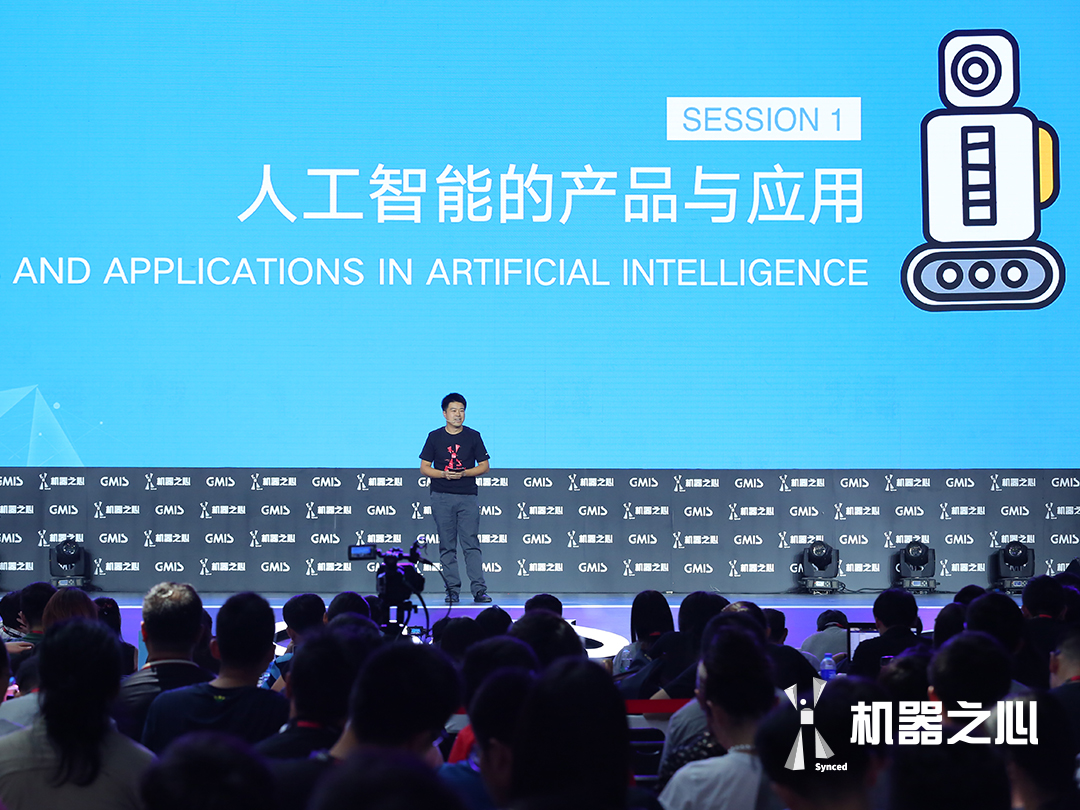
Next, Baidu VP and Baidu Venture Capital CEO Liu Wei made a speech on the topic of “Transnationalism: Globalization in the Age of Smart Machines†and talked about artificial intelligence that will give us in the long-term future of 30 years and 50 years. What the society brings. He said: "From a standpoint of looking up at the starry sky, I think that the long-term future that artificial intelligence brings to us is actually to gradually eliminate the difference between people and people, so that we can cross the borders and reshape a real one. Globalization."
Saman Farid, managing partner of Lenovo Star Comet Labs, shared the challenges and opportunities faced by entrepreneurs in the era of artificial intelligence. Farid highly appreciates the potential of artificial intelligence and believes that artificial intelligence can bring about a new generation of application changes. Of course, artificial intelligence also has its own problems, such as data problems, uncontrollable environmental factors, and special cases. Based on the strengths and weaknesses of artificial intelligence, Farid provided entrepreneurs with three suggestions on the application of artificial intelligence: First, choosing a moderately controllable and uncontrollable environment requires finding the right balance. Second, do not study for the sake of research, and focus on commercial value. Third, to solve those people do not want to do the work, such as garbage classification. So how should entrepreneurs grasp the right opportunities? Farid gave the startup company three other suggestions from the investor's point of view: first, to solve the practical problems, second, to select some problems that may be solved well, and third, to do things that big companies can't do.
This Session ended with a roundtable forum with the theme "Globalization in the Age of Machine Intelligence." In this forum, Will Knight, Senior Editor of MIT Technology Review, Wesley Mukai, CTO of GE Transportation Solutions, Jean-Sebastien Cournoyer, Co-Founder & Investment Committee of Element AI, and Adam Kell, Investment Partner of Comet Labs, Legend Fusion Fund ( (AKA NewGen Capital) founding partner Zhang Hao and Sujitech founder and CEO Suji Yan shared and discussed the global impact of artificial intelligence and business opportunities from a global perspective.
After this session, as a mysterious guest of the conference, Dr. Li Jia, the head of Google Cloud Business Machine Learning/Artificial Intelligence R&D, brought us a speech entitled “How Enterprises Use Artificial Intelligenceâ€. Li Jia said that Google has made a lot of efforts to make artificial intelligence more inclusive and benefit more developers and users. In summary, Google Cloud's work focuses on the four pillars of artificial intelligence: data, computing power, algorithms, and talent. In the end, Li Jia also talked about the “democratization of AI†that Li Feifei has also emphasized. She said that artificial intelligence will benefit everyone, which is why it is the first step to democratize artificial intelligence.
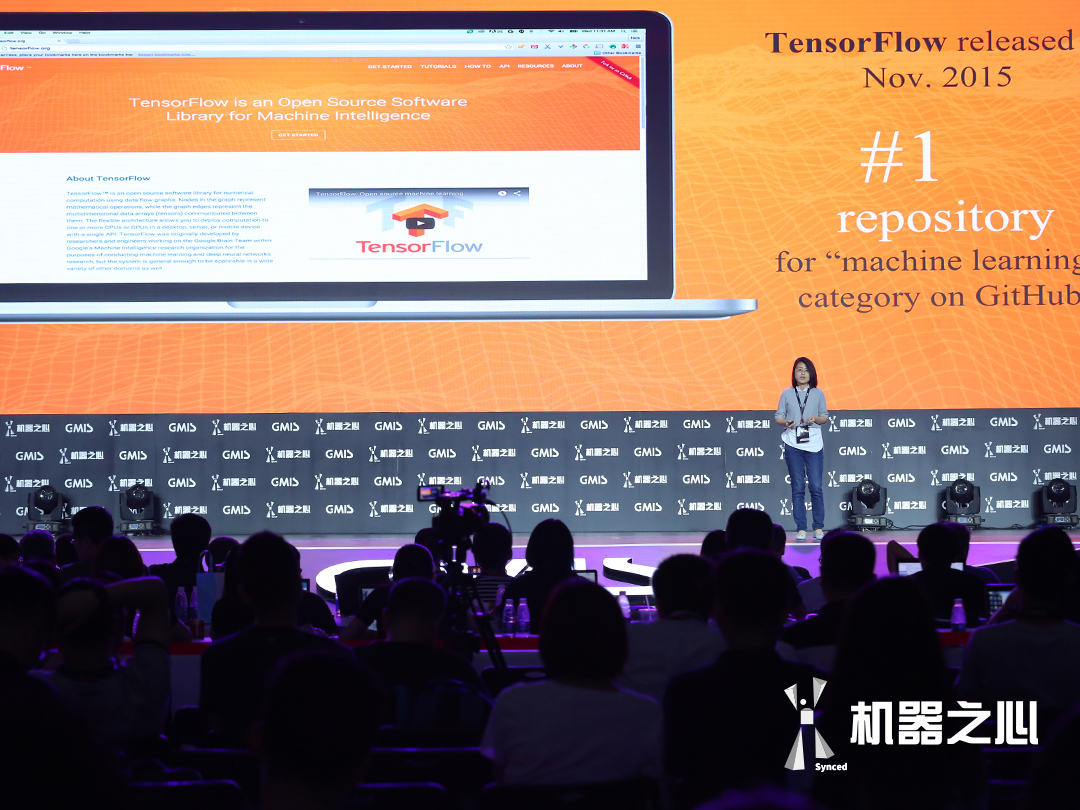
So far, the two-day speeches and forums of the GMIS 2017 conference have ended. Finally, the heart of the machine held the "AI00" award dinner at the venue. A total of more than 20 artificial intelligence technology research and development companies received the award from the founder and CEO of the machine, Zhao Yunfeng, including Intel, Microsoft, and IBM. Representatives of large companies such as Tencent, Amazon, and Nvidia, as well as representatives from startups such as Shenzhen Shen Technology, the Fourth Paradigm, and Clarifai. In addition, several overseas companies that have been selected into the machine's "AI00" list have also sent congratulatory videos, affirmed the "AI00" project, and congratulated on the success of the GMIS conference.
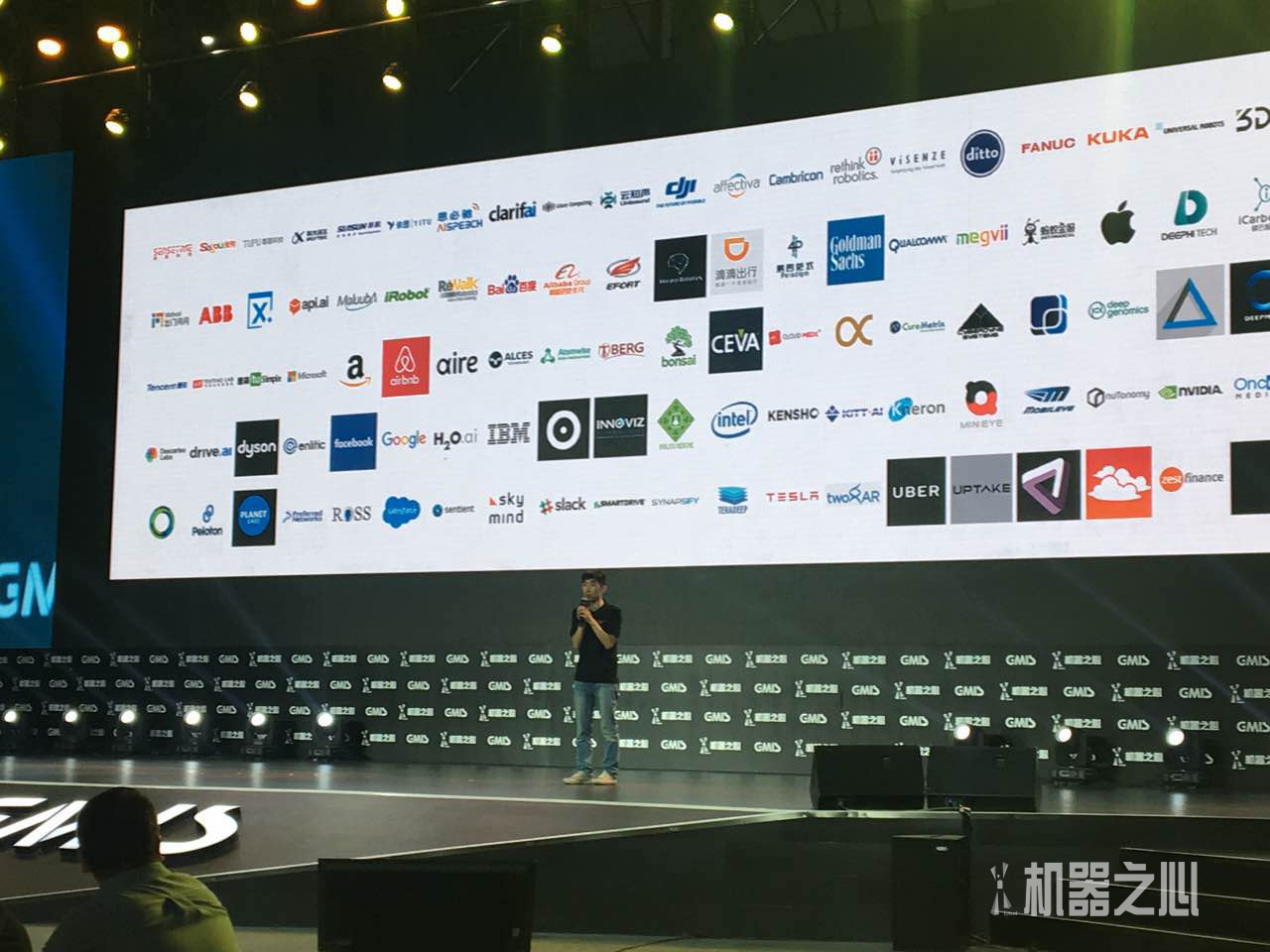
The Global Machine Intelligence Summit (GMIS 2017) was the first conference successfully held at the heart of the global artificial intelligence industry information service platform machine. Many top experts from the United States, Europe, Canada and China attended the conference. The conference included a total of 47 guests, 5 Sessions, 32 lectures, 4 roundtable forums, 1 man-machine battle, taking into account the academic and industry, technology giants and startups, and taking a professional and global perspective as Artificial intelligence practitioners and enthusiasts presented a feast of machine intelligence.
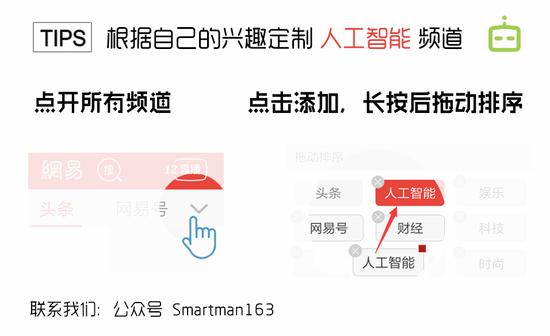 燑br>
燑br>
23.8 & 24 Inch Aio,Aio Pc,All In One Gaming Pc,Touch Screen Computer
Guangzhou Bolei Electronic Technology Co., Ltd. , https://www.nzpal.com
